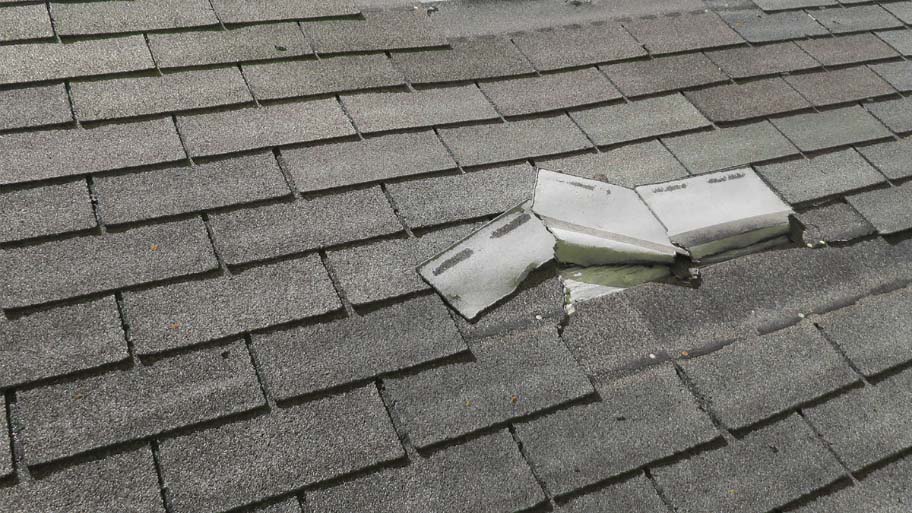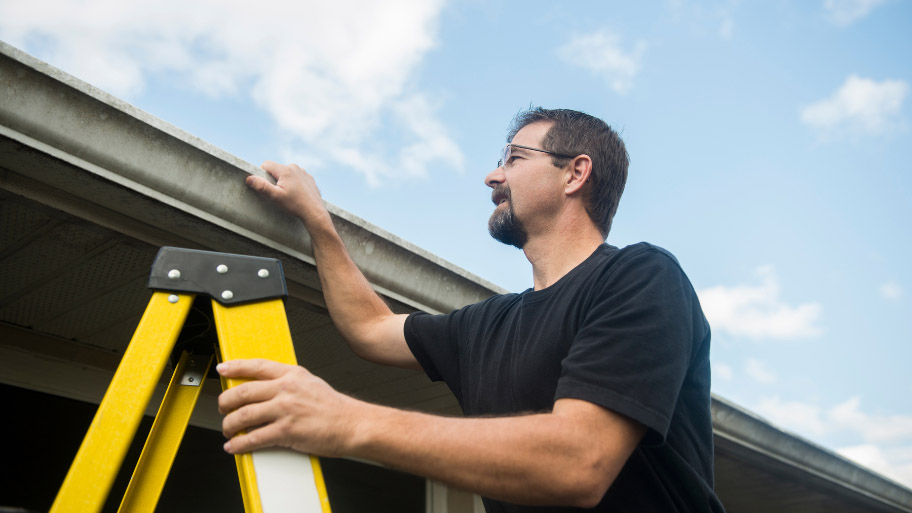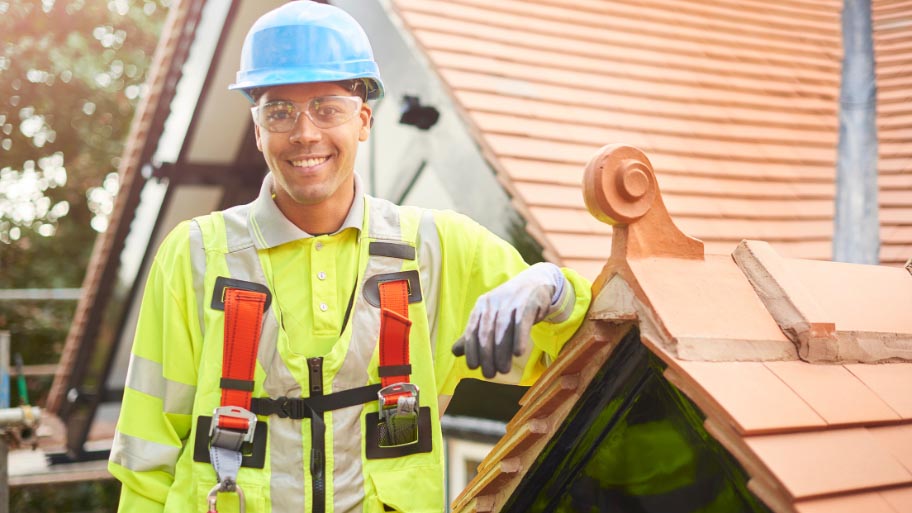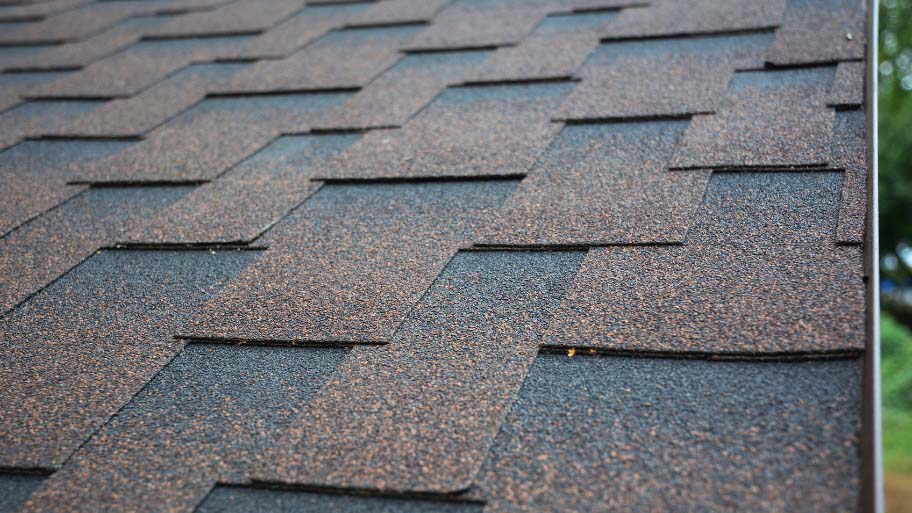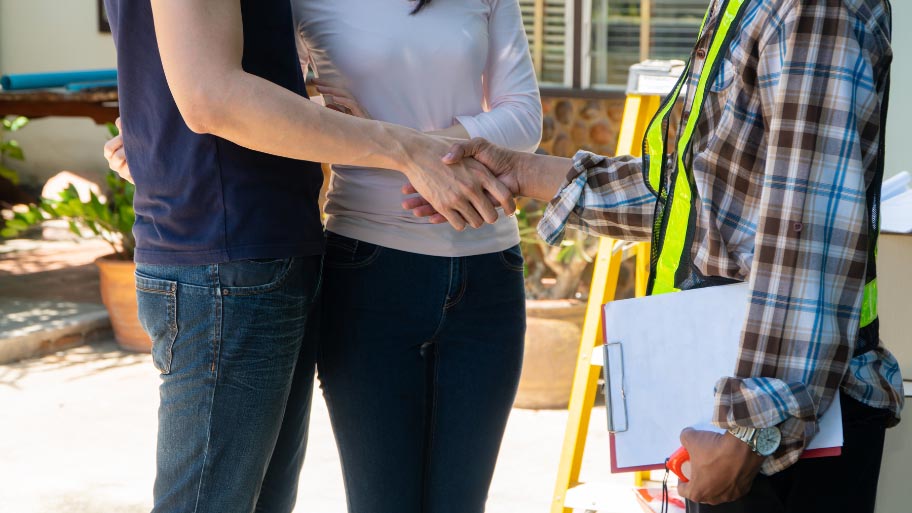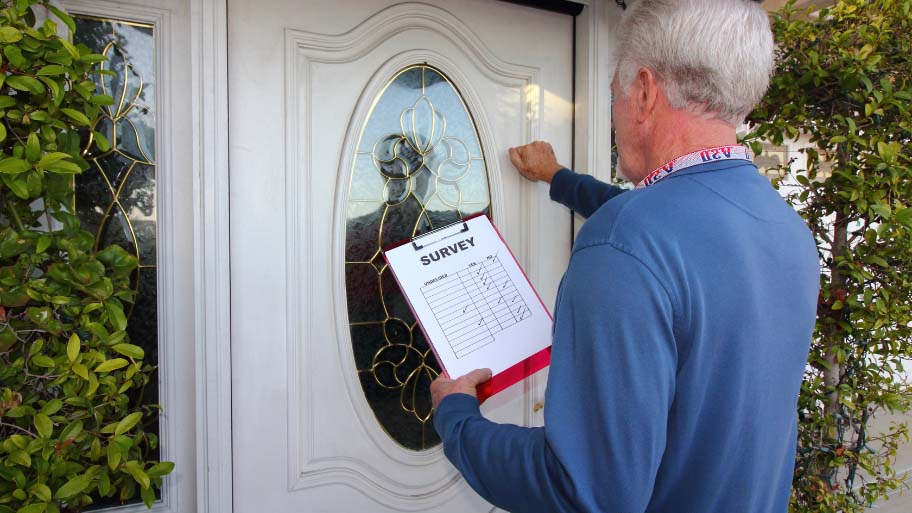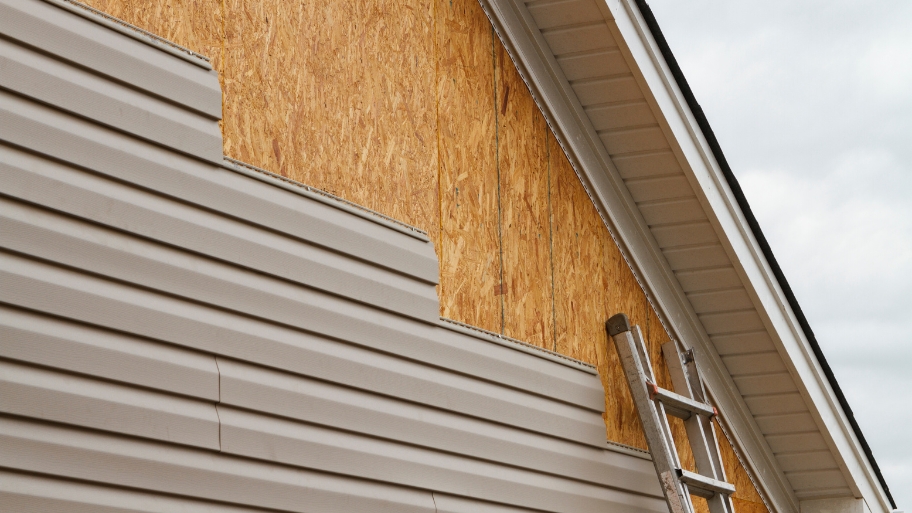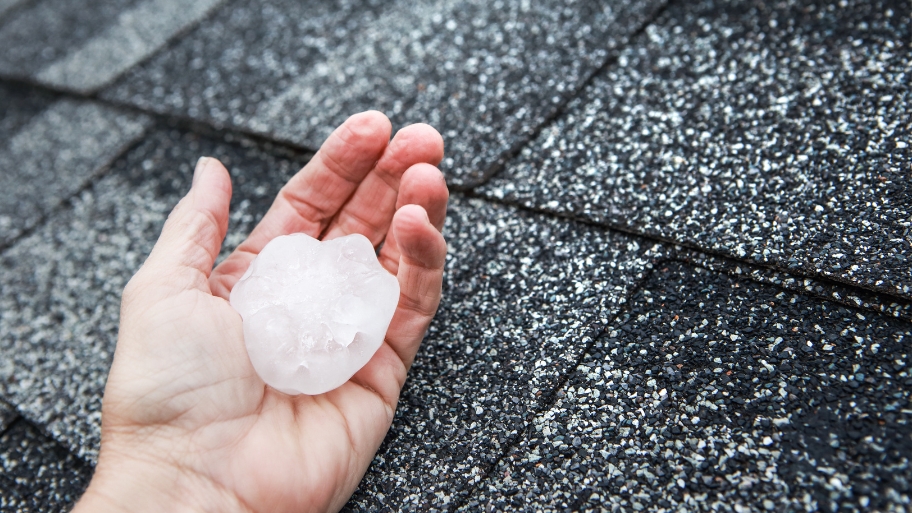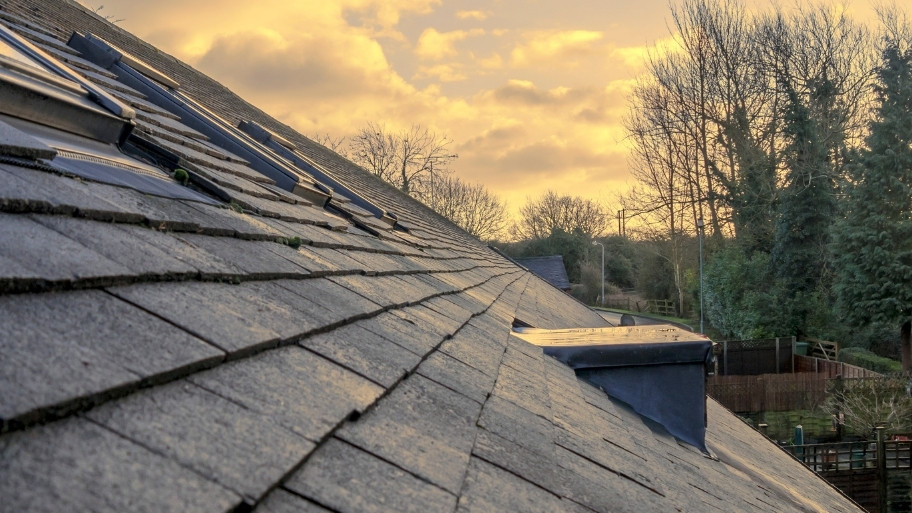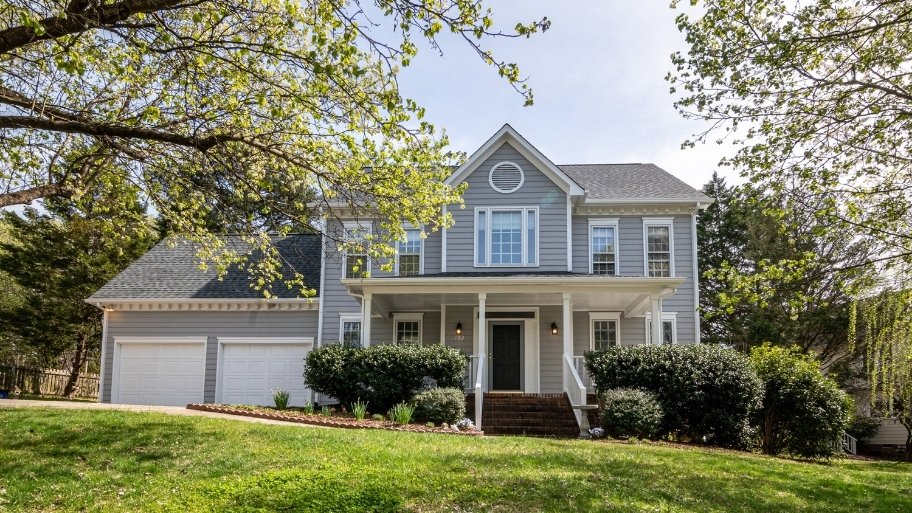As storms clear over Central Iowa, revealing sunny skies, homeowners in areas like Ankeny face a new challenge—roofing scams lurking in the aftermath. Just as flowers bloom in spring, dishonest contractors pop up after bad weather, promising quick fixes to your damaged roof. These scammers, dressed up as trustworthy professionals, come with promises too good to ignore, preying on the urgent need for repairs.
But here’s what you need to know: not all offers of help are genuine. Many of these so-called experts are more interested in your wallet than your leaking roof. They might ask for money upfront for materials or claim they can get your insurance to cover unnecessary repairs, only to leave you with a bigger headache than the storm did.
“It’s a challenging time, and that’s when scammers tend to strike, taking advantage of those who are already stressed,” says a consumer rights advocate. “Being cautious and informed is your best defense.”
This article is your quick guide to spotting these scams a mile away, keeping your home safe, and your finances secure. Let’s dive in.
Understanding Roofing Scams
Now that you’re aware of the storm that brewing scams bring along, let’s break down what roofing scams actually are and why they’re alarmingly common.
At their core, roofing scams involve deceitful individuals or companies who exploit homeowners, especially in the aftermath of severe weather:
- Exploitation of Urgency: Scammers know that post-storm, homeowners are in a rush to get repairs done, making them more susceptible to quick-fix promises.
- Lack of Knowledge: Many homeowners aren’t roofing experts. Scammers take advantage of this, proposing unnecessary or overpriced services.
- Insurance Manipulation: Fraudulent roofers often claim they can navigate insurance claims to get more coverage for repairs, which is not always true.
- Preying on Vulnerability: Scammers target the most vulnerable, including the elderly and those with visible damage to their homes, knowing they might be easier to convince.
Understanding these scams is the first step towards protecting yourself. Knowing why they happen makes it easier to spot and avoid them. Stay vigilant, ask questions, and always double-check credentials.
Most Prevalent Roofing Scams Unveiled
In the jungle of roofing repairs, some predators are more common than others. Let’s expose their tactics:
1. Storm Chasers and Their Tactics
Storm chasers are nomadic scammers who move from one disaster-stricken area to another, exploiting homeowners’ distress. Here’s how they operate:
Immediate Availability
They promise quick repairs right after a storm when legitimate contractors are busiest.
Aggressive Marketing
They might knock on your door with special “storm damage” deals, often using fear to pressure you into quick decisions.
Lack of Local Ties
These scammers typically lack a local office or local references, making it hard to track them down for warranty claims or if issues arise later.
Insurance Overcharges
They may inflate damage reports to hike up insurance claims, putting you at risk of insurance fraud.
Avoiding them means verifying contractors’ local presence, checking for past customer reviews, and consulting multiple quotes.
2. The Bait of Low Starting Bids
Low starting bids are a classic lure into a scam. It works like this:
Underquoted Projects
The initial low bid hooks a homeowner. As the work progresses, unforeseen “complications” inflate the final price significantly.
Quality Compromise
Often, the low cost also translates to cheap materials or rushed work, resulting in subpar repairs.
Binding Agreements
Once the work begins, homeowners find themselves locked into contracts, making it costly or challenging to switch contractors.
Insist on detailed, written estimates and be wary of bids significantly lower than others you’ve received.
3. The Mystery Damage Scam
Some unscrupulous contractors claim to find unexpected damage once they start the job. Here’s the scam:
Fabricated Damages
They might exaggerate or outright fabricate additional damage to increase the scope of the project—and your bill.
Pressure to Decide
Urging immediate decisions to “prevent further damage,” they corner homeowners into agreeing to unnecessary work.
Manipulation
They prey on the homeowner’s lack of roofing knowledge to sell these extra services.
Always ask for photographic evidence of any claimed damage and consider a second opinion from another contractor.
4. Insurance Fraud Explained
Insurance fraud in the roofing industry is a sophisticated scam that not only impacts your pocket but can also have legal ramifications. Here’s what you need to know:
Inflated Claims
Scammers might deliberately damage your roof during an inspection or exaggerate existing damage in the claim to your insurance, aiming to maximize the payout.
Kickbacks
Some dishonest contractors offer kickbacks or bribes if you let them handle your insurance claim, a practice that’s not only unethical but illegal.
False Documentation
Creating fake invoices or receipts to justify higher expenses is another common tactic, putting homeowners at risk of complicity in fraud.
To avoid falling victim, always be present during inspections, choose reputable contractors for estimates, and directly communicate with your insurance company about claims.
5. High-Pressure Sales Techniques
The pressure cooker environment created by high-pressure sales tactics is designed to make you commit on the spot. Recognize these red flags:
Now-or-Never Deals
Offers that claim to be available only if you sign up immediately.
Fearmongering
Using scare tactics about the dangers of not acting fast on repairs.
Deposit Demands
Insisting on a significant upfront payment to “secure” the special pricing or to purchase materials.
Remember, legitimate businesses understand the value of your decision-making process and will not rush you into a contract.
6. The Dangers of Cheap Materials
Cutting corners on materials is a shortcut to future headaches. Here’s why cheap materials are a false economy:
Shorter Lifespan
Inferior materials may cost less upfront but will likely need replacing or repairing much sooner, leading to higher costs over time.
Compromised Safety
Low-quality materials can compromise the structural integrity of your roof, putting your home and family at risk.
Invalid Warranties
Using materials not approved by the manufacturer can void warranties, leaving you unprotected.
Investing in quality materials and trusted installation practices is the best way to ensure the longevity and safety of your roof.
7. The Large Down Payment Trap
A common pitfall in roofing repairs is the large down payment trap, where contractors ask for substantial upfront payments before any work begins. Here’s why caution is paramount:
Financial Risk
Paying a large down payment leaves you vulnerable if the contractor fails to complete the job or vanishes with your money.
Leverage Loss
Once a significant down payment is made, you lose much of your leverage over the quality and timeline of the work.
State Laws
Be aware that many states have legal limits on how much a contractor can request as a down payment—typically no more than 10% of the total project cost.
Protect yourself by researching state laws, limiting initial payments, and agreeing to a payment schedule based on milestones.
8. Door-to-Door Scams and How to Spot Them
Door-to-door scams, while sharing some tactics with storm chasers, uniquely exploit the convenience and trust of face-to-face interaction. Here’s what sets them apart and how to safeguard your home:
Local Disaster Exploitation
Unlike storm chasers who roam regionally, door-to-door scammers often exploit local incidents, such as minor hail or wind damage in your neighborhood. They use recent weather events to create a sense of immediacy and relevance.
Fabricated Demonstrations
Some go as far as creating minor damage during their “free inspection” to demonstrate a need for repairs. Watch for unsolicited offers to inspect your roof and always supervise any inspection.
Vague Contact Information
They may provide contact details that lead nowhere or use PO boxes instead of physical addresses. Legitimate businesses will have verifiable contact information and a registered business address.
Push for Immediate Decisions
Beyond the common high-pressure tactics, these scammers might insist that your homeowner’s insurance will cover their services, pressuring you to sign contracts without proper verification.
Requesting business cards, seeking local references, and taking time to decide are all effective safeguards against door-to-door scams. Understanding these nuances about door-to-door scams can greatly enhance your ability to distinguish genuine offers from fraudulent ones, keeping your home and finances secure.
9. Unlicensed Roofing Contractors: Risks and Recognitions
Unlicensed roofing contractors pose a myriad of risks, from substandard work to legal complications. Here’s what you should know:
Quality Concerns
Without the oversight of licensing bodies, there’s no guarantee of work quality or adherence to building codes.
Insurance and Liability
Unlicensed contractors may not have the necessary insurance, exposing homeowners to liability for accidents or damages.
Legal Ramifications
Hiring unlicensed contractors can result in fines or legal issues, especially if the work violates local regulations.
Verifying a contractor’s license and insurance is a simple yet effective step toward securing your home and peace of mind.
How to Quickly Spot a Roofing Scam
Keeping your roof in top shape is crucial, but so is knowing who to trust. Here’s a straightforward guide to avoid getting scammed:
- Check for the Official Stamp: Real roofers have paperwork—licenses and insurance—to prove they’re the real deal. If they’re genuine, they’ll show you without hesitation.
- Ask Around: Good roofers have fans. They’ve worked in your area and left a trail of happy customers. If they can’t show you local projects or provide references, think twice.
- Take Your Time: Feeling rushed? That’s a red flag. True professionals know big decisions need thought. If they’re pressuring you to sign now or lose out, it’s time to step back.
- Get It in Writing: Every detail should be in a contract, clear as day. If they’re vague about the work or the price, or worse, don’t want a contract, wave them goodbye.
By keeping these pointers in mind, you’ll not only protect your roof but also your peace of mind. Remember, a little caution goes a long way in keeping the scammers at bay.
Choosing a Legitimate Roofing Contractor
Selecting the right roofing contractor is a decision that goes beyond just avoiding scams; it’s about ensuring quality, durability, and peace of mind. Here’s how you can make an informed choice:
Prioritize Professionalism:
A legitimate contractor exhibits professionalism from the first interaction. They’re punctual, respectful, and clear in their communication. They should make you feel informed and comfortable throughout the process, never leaving you in the dark about the details of your project.
Seek Trustworthiness:
Finding a roofing contractor you can trust is all about valuing honesty and integrity. Aim to partner with professionals who are transparent in their dealings, readily offering clear, comprehensive contracts, and who are always available to address your concerns with straightforward answers.
A good indicator of a contractor’s dependability is the presence of positive feedback and testimonials from past clients. Such endorsements often highlight a contractor’s ability to deliver quality work and stand firmly behind it.
Essential Qualities to Look For:
Reputable roofing contractors share certain qualities that set them apart, including:
- A verifiable local presence and a track record of successful projects in your community.
- Proper licensing and insurance to protect you and your property during the roofing process.
- A willingness to provide references and examples of previous work.
- Transparent pricing and a written estimate that details the scope of work, materials to be used, and a timeline for completion.
Identifying the right roofing partner hinges on recognizing markers of true professionalism and reliability.
For residents of Central Iowa seeking a dependable roofing service, JB Roofing & Gutters stands as a prime example, deeply rooted in these values. Our dedication to delivering exceptional workmanship and prioritizing customer satisfaction sets a benchmark for what homeowners should expect.
Remember, the goal is to protect your home with a quality roof installed by a contractor you can trust. Taking the time to research and select a reputable contractor will pay dividends in the long run, safeguarding your home and providing you with peace of mind.
Securing Your Roof and Peace of Mind
As we cap off our comprehensive journey through navigating the pitfalls of roofing scams, it’s crucial to reemphasize the power of awareness and the significance of due diligence.
Armed with the insights shared throughout this guide, homeowners are now better equipped to sidestep the myriad of deceitful tactics employed by unscrupulous contractors and ensure their homes remain safe havens against the storms of fraud.
Key Takeaways:
Stay Alert: Recognize the warning signs—whether it’s an unsolicited door-knocker with an offer too good to refuse or a contractor pressuring for a quick decision.
Verify Credentials: Ensure any roofing professional you consider hiring has the necessary licensing and insurance. This documentation is your assurance of their legitimacy and your protection.
Research and References: Take the initiative to seek out testimonials and referrals. A reputable contractor’s reputation in the community is a testament to their reliability and the quality of their work.
Demand Clarity: From contracts to claims, clarity is non-negotiable. Ensure every detail is documented to avoid falling prey to vague promises that lead to nowhere but disappointment.
In the ever-changing climate of Central Iowa, where storms can leave homeowners seeking immediate solutions, it’s crucial to have a roofing ally you can count on.
Enter JB Roofing & Gutters, a name synonymous with reliability and quality. Our unwavering dedication to excellence and customer care stands as a shining example amidst the myriad of uncertainties.
Choosing JB Roofing & Gutters means opting for a service that’s built on a foundation of trust and superior standards, guiding you safely past the pitfalls of scams.
FAQs About Common Roofing Scams
What are the most common signs of a roofing scam?
Quick-fix promises post-storm, high upfront payment demands, lack of local presence, and aggressive sales tactics are red flags.
How can I verify a roofing contractor’s license and insurance?
Request their license and insurance details and verify them through your state’s licensing board or relevant insurance authority.
Why do scammers often target storm-damaged areas?
Scammers exploit the urgency and emotional distress of homeowners looking to quickly repair storm damage, knowing they’re more likely to make hasty decisions.
What should I do if approached by a door-to-door roofing salesperson?
Ask for their identification, business card, and solicitation permit. Conduct independent research before making any decisions.
Can a legitimate roofing contractor require a large down payment?
While some deposit is standard, be wary of any contractor requesting more than 10-20% upfront, especially without a detailed contract.
How can I ensure the materials used on my roof are of good quality?
Specify material brands in your contract and request receipts or delivery notes for all materials used on your project.
What is the best way to find a reputable roofing contractor?
Seek referrals from friends and family, check online reviews, and consult local business directories or professional associations.
How should I handle a contractor who suddenly finds ‘additional damages’?
Request photographic evidence and consider a second opinion from another contractor to verify the claims.
What actions can I take if I suspect I’ve been scammed?
Report the contractor to local authorities, file a complaint with consumer protection agencies, and share your experience online to warn others.
Are there any specific questions I should ask potential contractors to avoid scams?
Inquire about their experience with your type of roofing, ask for local references, question how unexpected challenges are handled, and discuss their process for dealing with project overruns or delays.

About the Author
Joe Burkhart, the driving force behind JB Roofing, has been a trusted roofing expert in Ankeny, IA, since 2006. Joe’s passion for quality craftsmanship and personalized service comes from over 20 years of hands-on experience, starting his journey in the roofing industry back in the early 1990s. JB Roofing is more than just a business to Joe—it’s a reflection of his commitment to providing reliable, long-lasting roofs that protect homes and families across Iowa.

